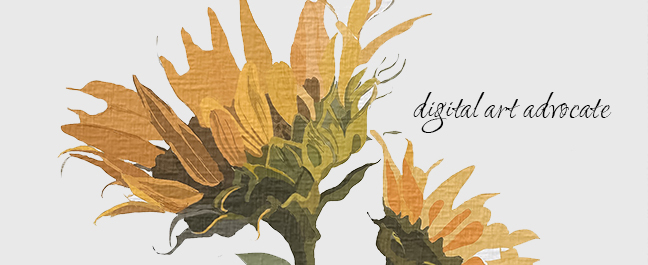
In a NY Times article, Ghost Flowers, perfume critic Chandler Burr describes the development of the 1984 fragrance Antonia's Flowers by perfumer Bernard Chant at the request of New York florist Antonia Bellanca. It seems that Antonia was mesmerized by freesia's allure and heralded the flower's scent above all others because it "knocked your socks off, like trumpets in an orchestra; everyone else sings backup, even the lilies." To outshine a lily in fragrance? Now that is some feat.
Chant did develop the freesia inspired perfume, and Burr indicates that it became something of a cult favorite with "its intensely green top note and its stratospheric quality, like jasmine at 48,000 feet, swimming in pure ozone." But, as Paul Harvey might say, here's the rest of the story: the perfume contains no freesia at all, and Burr claims that there is no perfume in existence that contains freesia.
We might be disillusioned further with Burr's claim that numerous perfumes we love, often because they smell of our favorite flowers, contain not a trace of the actual flower. Some flowers just have no scent, and distillation techniques have not been able to extract some scents, and in others, what is captured is negligible. For instance, the violet will not give up its smell. Neither will a host of others to include mimosa, lavender, jonquil, narcissus, geranium, hyacinth, lilac, lily, honeysuckle, peony, camellia, wisteria or lily of the valley.
This concept fascinates me. It makes me stop to ponder. I suppose it would be hard to sell the quintessential lily of the valley perfume Diorissimo as the quintessential hydroxycitronellal, geraniol and phenyl ethyl alcohol perfume. Still, it disturbs and prevokes vague feeling of betrayal to know that the allure of Diorissimo is an unholy ghost of sorts. Our senses can be fooled, and we can appreciate with wild abandon some experience for qualities that do not exist therein. What is this olfactory forgery like? Phantom pain, mystery meat, a sensual metaphor, a pig in pearls, an artistic forgery? Surely a sensual trickery requiring truth and beauty to part ways in order to keep the illusion alive.
Whatever the case, I cannot live without my lavender-like scent, so I will continue to believe in ghosts.
 Wednesday, August 31, 2011 at 01:51PM
Wednesday, August 31, 2011 at 01:51PM 
 Nature,
Nature,  Sensuality,
Sensuality,  Sound,
Sound,  iPad Art
iPad Art 





